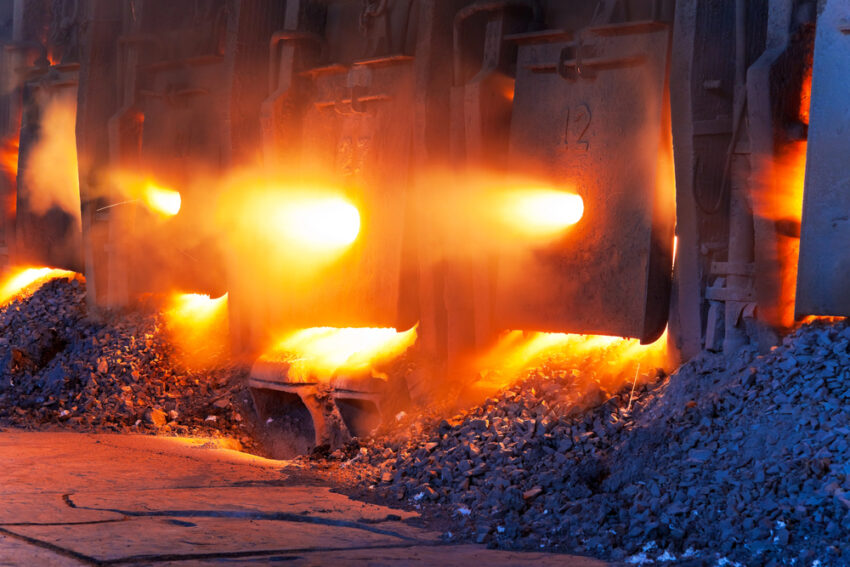
British taxpayers were injected more than 400 million pounds in Sheffield Farserez, historical steel maker and defense contractor, just three and a half years after the company brought to public ownership – burned during a decade of planned investment in record time.
The Ministry of Defense confirmed at the end of this week that a total of 403 million pounds of government aid has now been transferred to the loss industry company since its nationalization on the Boris Johnson government in August 2021. The amount was originally intended to spread over ten years to 2031, but it was fully allocated in 640 pounds.
Despite the installation costs, the Ministry of Defense has strongly defended the investment, describing Forgemasters as a “bright light for the UK industry” and a reference to the decisive role of the company in national defense, especially in supporting the nuclear submarine program in the United Kingdom and Australia.
Formemasters, based in Sheffield, produces high -quality designed components used in nuclear -powered submarines, including nuclear defense spare parts that no other company in the UK can provide. The company was obtained by the government in 2021 after a long period of financial turmoil and a failed attempt by a state-owned Chinese company to purchase in 2015-a deal that was eventually banned from national security concerns.
At the time of nationalization, the Johnson government argued that the acquisition was “the best value for money for taxpayers due to the unique capabilities and conditions of the company.
However, forgemasters continued to work with a loss, spreading pre -tax losses from 4 million pounds to 5 million pounds annually since the entry of public ownership. The revenues remained fixed, and the company did not return to profitability despite the heavy government support.
The level of government aid has increased under the new work management, with the investment of 160 million pounds since July 2024 alone.
Forgemasters tracks its origins to the fifties of the twentieth century, but the company embodies the modern company appeared during the Tatcher era, when it was removed from British steel during privatization. It was not strange to the controversy. In 1990, he was involved in the so -called “Affair Supergun”, linked to the export of weapons to Iraq. In the first decade of the twentieth century, the rolled steel was presented to the Russian mineral giant Severstal, owned by the icei Alexei.
After years of decline, the company fascinated bankruptcy in 2020, after it loaned a loan of 30 million pounds from Wales Fargo to collapse. The government intervened the following year with a full nationalization package.
The Ministry of Defense insists that financial support for the government revolves around protecting the biological sovereign defense capacity-especially amid the increasing geopolitical tensions and the development of the SSN-AUKUS submarine fleet, described as the most powerful submarine of the Royal Navy attack.
The Ministry of Defense said in a statement: “The company manufactures specialized steel parts used in critical defense programs.” “This government will support Sheffield Formsters to improve its ability to meet defense needs and continue to review the company’s performance.”
However, the unusual burning rate of taxpayer funds-before the specified date-raises questions about the supervision of the government, the financial strategy and the long-term plan for one of the most important industrial companies in Britain, but it is financially disturbed.
Although a little skepticism about the importance of Formemaster’s work for national defense, the installation costs are likely to feed the discussion on how the taxpayer is expected to support Britain’s industrial base in the name of strategic flexibility.
The post Taxpayer support for Sheffield Forgemasters hits £400m just 3.5 years after nationalisation first appeared on Investorempires.com.



